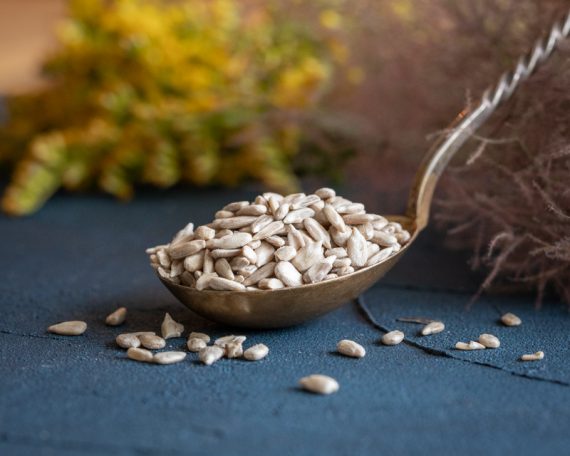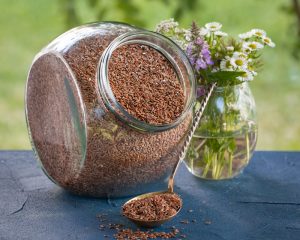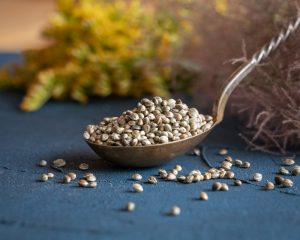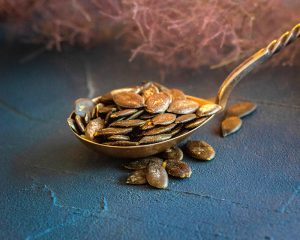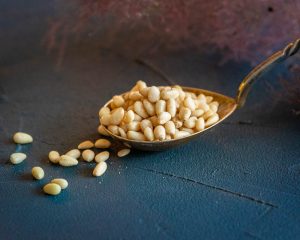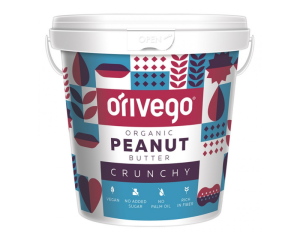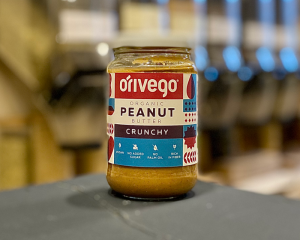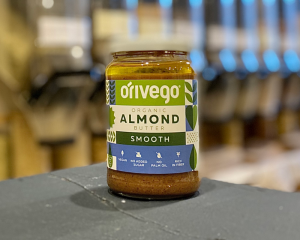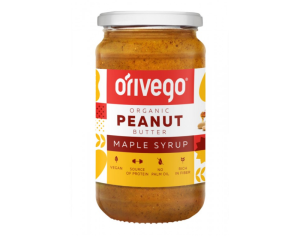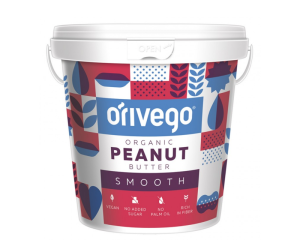Organic hulled sunflower seeds
From 1.00€
Sunflowers are a veritable storehouse of nutrients. They are rich in essential nutrients, including vitamins E and B, magnesium, phosphorus and selenium. Vitamin E and powerful antioxidants play an important role in protecting cells against oxidative damage, while B vitamins help with energy metabolism. These seeds are also an excellent source of unsaturated fats, especially linoleic acid, which are beneficial for heart health. Their nutrient composition helps to reduce inflammation, supports heart health by potentially lowering cholesterol and blood pressure, and helps regulate blood sugar levels, making them a suitable snack for diabetics. In addition, the high fibre content promotes digestive health and the presence of selenium strengthens the immune system.
Including sunflower seeds in your diet is easy. They can be enjoyed as a nutritious snack, roasted and seasoned to taste. The seeds add a pleasant crunch and nutritional value to salads, baked goods such as bread and muffins, and can be added to granola or muesli. They are also a great addition to yoghurt, oatmeal or porridge.
As an alternative to nut butter, sunflower seeds can be ground in a blender to make a smooth, spreadable spread.
They can be used in vegetable dishes, stews and casseroles.
Ground sunflower seeds can be used as a partial flour alternative in various recipes.
It is important to consume sunflower seeds in moderation as they are high in calories, especially for those who are concerned about their weight.
NOTES. The information provided here should not be interpreted as advice for treatment or other health issues.
We encourage you to make personal decisions about your health based on your personal experience and taking into account different sources of information.
100% organic sunflower seeds
Energy value 2668 kJ/ 644 kcal
Fat 52 g
- of which saturates 4,5 g
Carbohydrates 20 g
- of which sugars 2,6 g
Fibre 8,6 g
Protein 21 g
Salt 0,02 g
Store in a cool, dry place.


